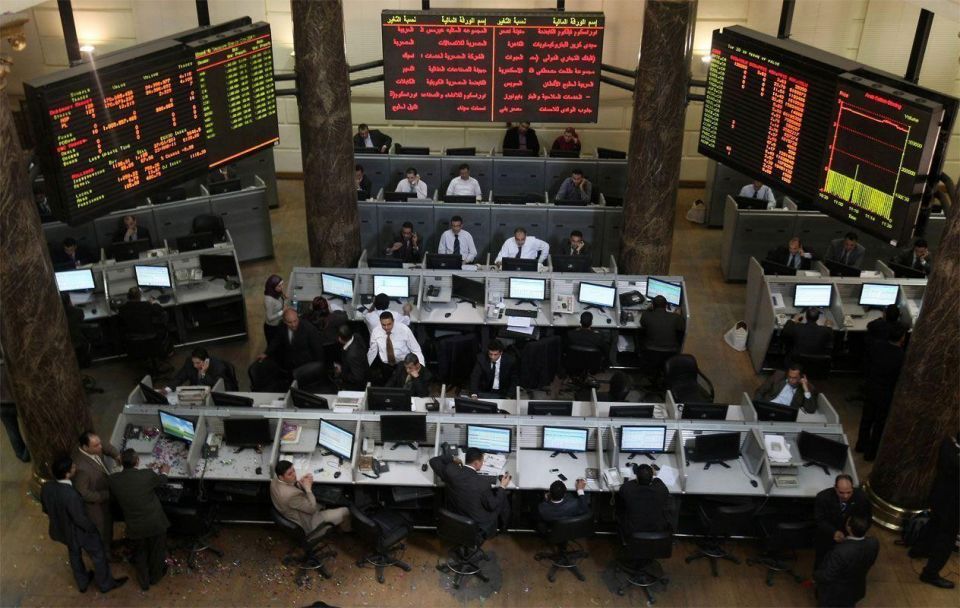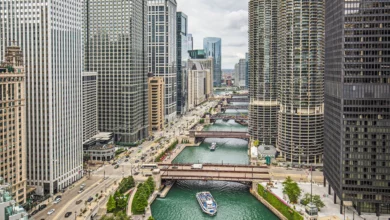There seem to be plenty of good reasons to avoid Egypt's battered real estate sector, yet some investors are tiptoeing back into stocks seen as less exposed to legal probes of questionable state land sales.
The industry, a motor of Egypt's decade-long investment boom, was undermined by crony capitalism. Now it is bearing the brunt of widening corruption probes after a popular uprising swept President Hosni Mubarak from power in February.
It could take years for an outcome to legal challenges targeting companies such as Palm Hills and Talaat Moustafa, which focused on high-end property for Egypt's wealthy elite.
That may be too long for some investors who see value in the sector. Analysts say firms such as and Amer Group may have been oversold given stronger balance sheets that should help them weather the storm and a presence in sectors beyond high-end homes such as commercial property.
"Companies like SODIC are emerging cleaner, making them a play on both value and growth," said Ankur Khetawat of HC Securities.
Conflicting laws governing the sale of state land are at the heart of the legal wrangles, which have already led courts to nullify sales to Palm Hills and Egyptian Resorts. TMG's ownership of one of its biggest projects is also at risk.
Shares in Palm Hills are down 75 percent this year and Egyptian Resorts and Talaat Moustafa have both slumped 61 percent, more than double the 30 percent drop by the benchmark EGX30 index .EGX30.
The crisis of confidence has infected the whole sector.
Bulldozers and cranes on the desert outskirts of Egypt's sprawling capital lie idle as firms review sales outlooks and brace for potential investigations of their land holdings.
The challenges to state land date from before Mubarak's departure and gathered pace with the revolution, which channeled popular anger at officials who sold land for pennies in a country where most of the population struggles in poverty.
Land has been withdrawn from at least three firms and two former housing ministers are locked up in jail. The cases revolve around a 1998 law that stated that all state land must be sold via competitive bidding.
"The biggest problem the state is facing now is the lack of clarity on the legal status of all of Egypt's land," said Samih Sawiris, chief executive of Orascom Development.
"If this issue is not resolved, there will be no development in this country in any field," he added. "The problem is the rule can apply to any land which has been sold in Egypt."
Analysts warn that new investment in the sector will be dampened by the protracted court battles, messy compensation schemes and international arbitration.
The value of land sold to many firms must be recalculated, compensation schemes thought up and some plots re-auctioned in a public bid, said Ahmed Mekky, a judge and vice chairman of a Cairo appeals court.
Practically every major project and major developer, both foreign and domestic, has come under public scrutiny on how their land was purchased. Only smaller firms with more focus on middle-income housing look relatively safe.
Firms such as Madinet Nasr Housing and Heliopolis Housing who have older land banks and more exposure to middle-income housing in a country where millions lack a proper home, may also be safer.
Mubarak's cabinet sought to put legal battles to rest by promising to enact new laws designed to settle the uncertainty, but the uprising disrupted the plan before it was complete.
The new military-backed interim administration has been too distracted with other challenges to pay the attention needed to resolve the real estate crisis, analysts say.
Industry experts are calling for quick and bold intervention, but worry the current government is unlikely to revamp the legal framework of Egypt's real estate sector, leaving that task to a new government that would take the reins after September parliamentary elections.
"We need a new law that will resolve all these deficiencies that have been left unattended before," said Judge Mohamed Hamed el-Gamal, a former head of the State Council, adding that the government should unilaterally review all its contracts before they are contested in courts.
Swathes of the industry are condemned to legal limbo without that. But it isn't all bad news.
International real estate agent Coldwell Banker admitted that demand for property outside Cairo has declined.
"But inside the city, the trend is the reverse," the firm's Egypt president Mohamed Abdallah said. Coldwell's sales can be used as a barometer for property sales in the capital.
He said the company's Egypt sales halved after the uprising before recovering to a 30 percent drop on the year to mid-April.
"I was expecting a number close to zero but real estate is a very good investment when things are not clear," Abdallah said. "There are fears of currency risks and the best way to hedge against currency hikes and inflation is real estate."
He said commercial property sales have not been affected.
That could be a good sign for firms like SODIC, which is counting on commercial leasing to bring in 400 million pounds a year by 2014.
"There are still domestic savings, there are still people who need homes, there are people who are worried about potential inflation and are looking for hedges," Maher Maksoud, chief executive officer of SODIC, told Reuters.
Optimists say Egyptian real estate will survive the turmoil because of pressure to provide housing for an overwhelmingly young population in a country where the lack of a home is seen as a major obstacle to marriage, giving bright long-term prospects to firms able to steer through the industry headwinds.
"If anyone wants to invest in this sector, they should look carefully at the balance sheet to see how long a company can keep going through this slowdown," said Harshjit Oza, a research analyst at Beltone Financial in Cairo.




